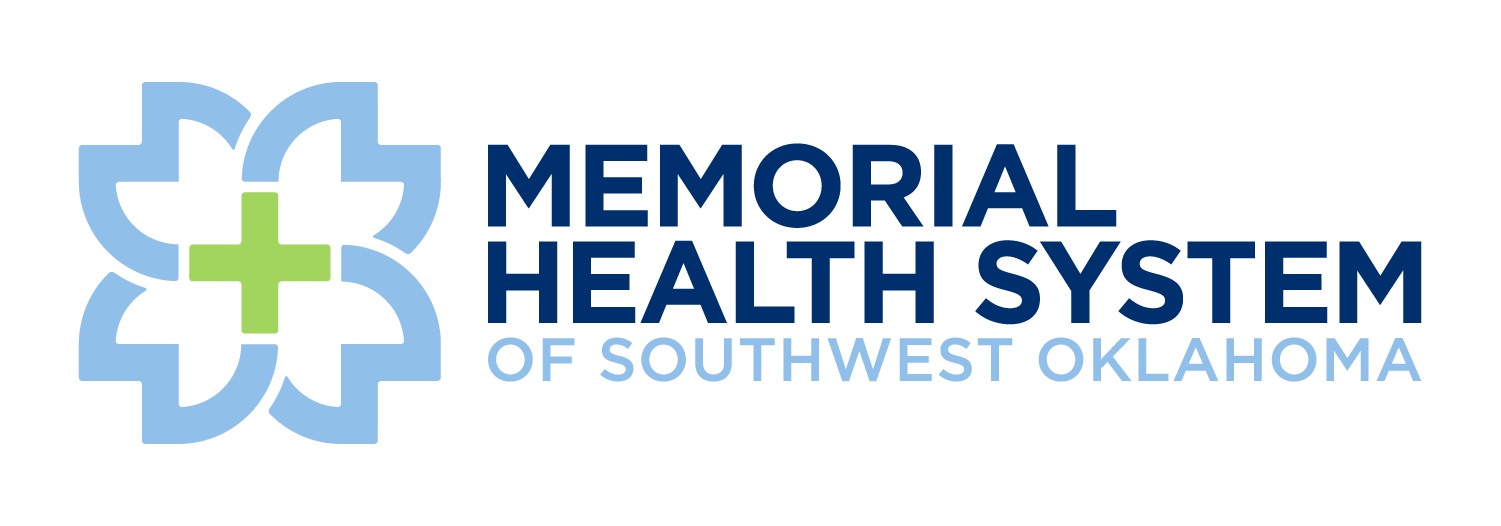As the days get shorter and the temperatures begin to fall, more people begin to suffer from Seasonal Affective Disorder, or SAD. SAD is also known as seasonal depression. It impacts people in different ways, typically starting in October and lasting through February or March.
This onset of depression and mood swings is common in both men and women. Physicians typically find that individuals 16 years or older are most susceptible to Seasonal Depression. A few things are known to cause this change within you that coincides with the shift in the weather.
- Your biological clock (circadian rhythm). The reduced level of sunlight in fall and winter may cause winter-onset SAD. This decrease in sunlight may disrupt your body’s internal clock and lead to feelings of depression.
- Serotonin levels. A drop in serotonin, a brain chemical (neurotransmitter) that affects mood, might play a role in SAD. Reduced sunlight can cause a drop in serotonin that may trigger depression.
- Melatonin levels. The change in season can disrupt the balance of the body’s level of melatonin, which plays a role in sleep patterns and mood.
Symptoms of Seasonal Affective Disorder
While SAD can be experienced in the Spring and Summer months, it is most common for people to have Seasonal Depression in the Fall and Winter. Symptoms during the colder months include:
- Feeling depressed most of the day, nearly every day
- Losing interest in activities you enjoyed
- Having low energy
- Having problems with sleeping
- Experiencing changes in your appetite or weight
- Feeling sluggish or agitated
- Having difficulty concentrating
- Feeling hopeless, worthless or guilty
- Having frequent thoughts of death or suicide
Ways to Combat Seasonal Depression
There are several ways people with Seasonal Depression may combat the onset of these feelings of loneliness and chronic fatigue. These include things like spending more time outside and in the sun, collecting vitamin D.
Experiencing symptoms of Seasonal Affective Disorder? Visit your primary care physician to learn more about how to start feeling better today and enjoy the season.
Disclaimer:
The Comanche County Memorial Hospital website does not provide specific medical advice for individual cases. Comanche County Memorial Hospital does not endorse any services obtained through information provided on this site, articles on the site or any links on this site.
Use of the information obtained by the Comanche County Memorial Hospital website does not replace medical advice given by a qualified medical provider to meet the medical needs of our readers or others.
While content is frequently updated, medical information changes quickly. Information may be out of date, and/or contain inaccuracies or typographical errors. For questions or concerns, please contact us at contact@ccmhhealth.com.
Sources:
https://www.psychiatry.org/patients-families/depression/seasonal-affective-disorder

